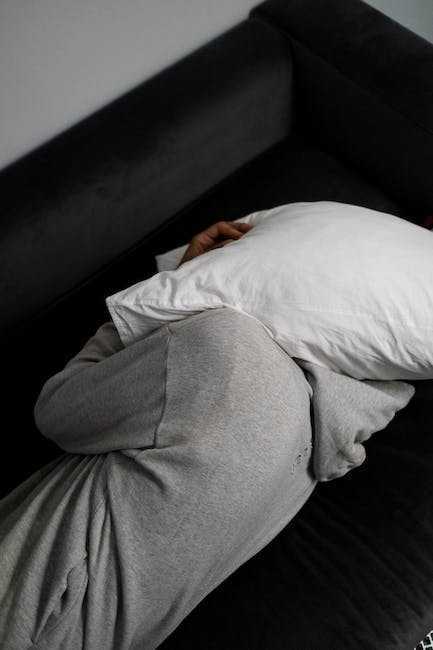
Contents
The Relationship Between Psychological Factors and Sleep Disorders
Do you have trouble sleeping? It’s not unusual – the Global Sleep Index 2020 found that 48% of people worldwide regularly experience poor sleep. But why is it so hard to fall and stay asleep? One overlooked factor might be psychological in nature. Understanding the impact of psychological health on your quality of sleep can help you get the restorative rest you need for optimal health and well-being.
Stress & Insomnia
The most common psychological factor affecting sleep is stress. Stress can be acute, as in when feeling the pressures of having an important task come due, or chronic – when feeling overwhelmed and helpless due to circumstances in life and feeling that there is no way out. The link between stress and insomnia is very real and has been documented for 10s of years.
Stress hormones such as cortisol and adrenaline can interfere with falling and staying asleep. When you’re feeling emotionally overwhelmed, your body won’t rest, and so trying to “sleep away” the stresses of the day is impossible. Instead, it’s important to practice calming activities such as meditation or exercise before bed to quiet your mind and relax your body.
Depression & Sleep Disorders
As with stress, the link between depression and sleep is well established. Depression is a mood disorder that causes persistent feelings of sadness and loss of interest in activities. It interferes with life functioning and can also interfere with sleep. Studies suggest that over 60% of people with depression also experience insomnia.
Depression can lead to changes in sleep patterns due to low motivation, feelings of despair, and anxiety during the night. Research from the National Sleep Foundation also reveals that untreated depression increases the risk of developing sleep-disordered breathing.
Managing Psychologically Influenced Sleep Disorders
There are several steps you can take to address psychological factors interfering with your sleep:
- Reduce stress with relaxation techniques such as meditation and yoga.
- Seek professional help if your stress is caused by trauma.
- Talk to a doctor if you think you are depressed.
- Practice good sleep hygiene habits such as limiting caffeine and alcohol, pumping daylight into your bedroom, and establishing regular sleep patterns.
- Ask a healthcare provider what medications may help you manage depression or anxiety related insomnia.
and Health
The relationship between psychological factors and sleep quality is well established. Stress, depression, and anxiety can all interfere with falling asleep and staying asleep. Research has linked poor sleep to increased risk of developing chronic health conditions such as obesity, heart disease, and diabetes. Seeking treatment for underlying psychological issues is an important first step in improving your quality of sleep and overall health.
